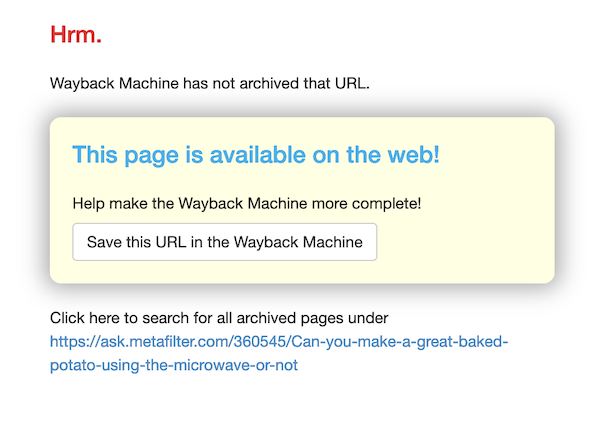
We have discussed whether it is ok to contract with [prisons] — is it possible that it means people who are incarcerated are learning actual useful skills that they can use to get decently paid work when they get out? Or are we kidding ourselves? Do you have any idea? I’m wondering how I might find out if it actually translates like that. I guess I could try and get in touch with someone at the Department of Corrections. What do you think?
The prison furniture thing is really a pickle. I see it as “of a kind” with discussions about library pay rates. Some libraries are just so small that they can’t pay reasonable wages and if it’s between that and being closed more hours, I think it’s important to make the decision that is best for the community. At the same time, the prison labor situation is… a problem and it’s worth trying to not contribute, but I am also cognizant of the fact that yes, building nice furniture is actually a job skill and a real one, as opposed to, say, making license plates.
So I often think, for myself since I am not in a decision-making capacity, how could I still serve my community but also make the world more just? So thinking about ways in which the library could try to balance the situation either by doing something like making a donation to people who are trying to address inequality or incarceration issues (I realize this is not necessarily simple for a library) or maybe finding a way to Zoom with some of the people who made the library’s furniture, either currently incarcerated people or people who have gotten released to let people know how the situation really works. Alternately, working with restorative justice organizations within communities to try to keep people out of prison, or getting a subscription to Prison Legal News for the library. Or working with the prison that makes the furniture to see what their prison library (if any) is like and how you could help. I know Johnny Flood at Vermont Humanities has been doing some of this work.
https://www.prisonlegalnews.org/
Obviously it’s a difficult choice, but I’m not sure it’s entirely practical for libraries to entirely eschew prison labor. But they can assure if they do engage with the prison industrial complex I think there are ways to do it mindfully and acknowledging that any time you engage with the capitalistic system–as we have to!–there are ways to mitigate damage, a little.

